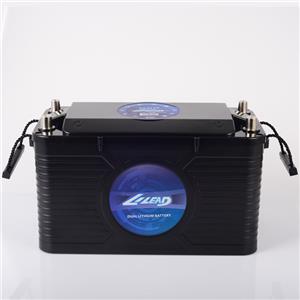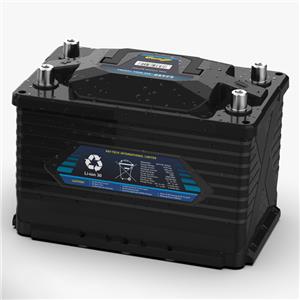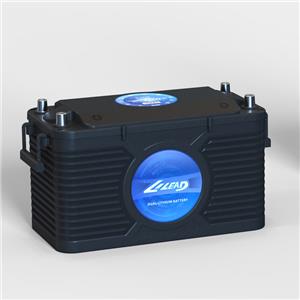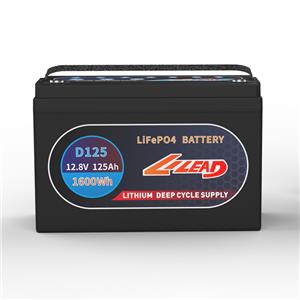Harnessing Hope: Lithium-ion Batteries in Sailboats for Medical Missions
Access to healthcare services is crucial for communities living in remote or underserved areas, where traditional means of transportation may be limited or non-existent. Sailboats equipped with lithium-ion batteries offer a lifeline for medical missions, providing a unique and efficient mode of transportation for delivering healthcare services to those in need. In this article, we explore how lithium-ion batteries are harnessing hope in sailboats used for medical missions, bringing essential healthcare to remote communities around the world.
1. Mobile Clinics for Remote Communities:
Sailboats equipped with lithium-ion batteries serve as mobile clinics, bringing essential healthcare services to remote communities that lack access to medical facilities. These vessels can travel to isolated islands, coastal villages, or riverine settlements, providing medical consultations, screenings, vaccinations, and treatments to underserved populations.
2. Emergency Response and Disaster Relief:
In disaster-prone areas or regions affected by natural disasters, sailboats equipped with lithium-ion batteries offer rapid emergency response capabilities for medical missions. These vessels can transport medical supplies, equipment, and personnel to affected areas quickly and efficiently, providing life-saving assistance to disaster survivors in critical moments.
3. Telemedicine and Remote Consultations:
Sailboats equipped with lithium-ion batteries enable telemedicine and remote consultations, allowing healthcare professionals to connect with patients in remote locations via satellite communication systems. This innovative approach to healthcare delivery expands access to medical expertise and specialist consultations, bridging the gap between remote communities and urban healthcare centers.
4. Maternal and Child Health Services:
Sailboats equipped with lithium-ion batteries play a crucial role in providing maternal and child health services to remote communities, where access to prenatal care, childbirth assistance, and pediatric care may be limited. These vessels can serve as floating maternity wards, equipped with essential medical equipment and trained healthcare providers to ensure safe deliveries and newborn care.
5. Capacity Building and Training Programs:
Medical missions onboard sailboats equipped with lithium-ion batteries support capacity building and training programs for local healthcare workers and community members. Healthcare professionals can conduct workshops, seminars, and hands-on training sessions to empower local communities with knowledge and skills to address common health issues and emergencies.
6. Collaborative Partnerships for Sustainable Impact:
Medical missions onboard sailboats equipped with lithium-ion batteries thrive through collaborative partnerships between healthcare organizations, government agencies, non-profit organizations, and local communities. By working together, these partners can leverage resources, expertise, and networks to create sustainable healthcare solutions that address the unique needs of each community and promote long-term health outcomes.
7. Conclusion:
Lithium-ion batteries are harnessing hope in sailboats used for medical missions, providing mobile clinics for remote communities, emergency response and disaster relief, telemedicine and remote consultations, maternal and child health services, capacity building and training programs, and collaborative partnerships for sustainable impact. As medical missions continue to expand access to healthcare services in remote and underserved areas, sailboats equipped with lithium-ion batteries will remain essential platforms for delivering essential medical care and improving health outcomes for vulnerable populations around the world.
With lithium-ion batteries onboard, sailboats are transforming healthcare delivery in remote communities, bringing hope and healing to those in need. As the demand for accessible and efficient healthcare services continues to grow, sailboats equipped with lithium-ion batteries will play a vital role in bridging the gap between remote communities and essential medical care, ensuring that no one is left behind in the pursuit of health and wellbeing.




